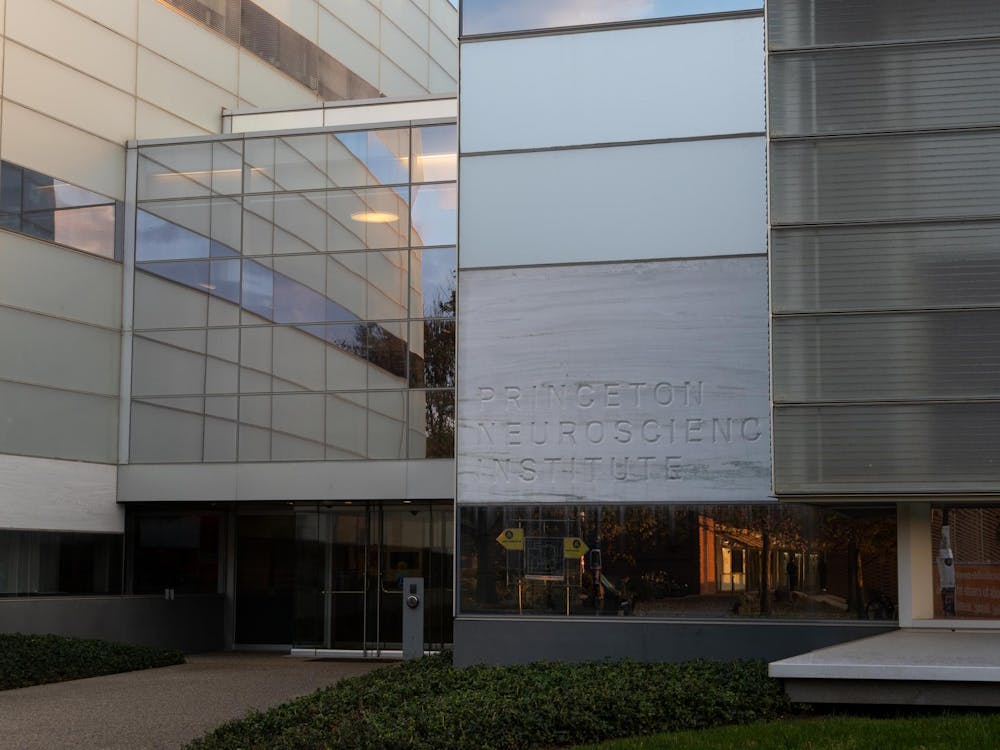As Bernard Wang '01 watched the NASDAQ plunge during the last six months, he saw his hopes for landing a job with a glamorous tech start-up fizzle.
The fast-paced industry, which enticed him with soaring stock options and the thrill of innovation, saw the floor fall out from under it as company after company could not stop bleeding red.
Wang, an electrical engineering major, had wanted to join the technology revolution and lead the charge into the 21st century after his graduation this spring.
His plans were hampered, however, when, as a result of mounting debts and free-falling stock prices, these previously hot dot-coms were forced to lay off workers and curtail their campus recruiting.
"Some companies I was interested in and had been hiring like mad the last few years have recently stopped those efforts and are even scaling back," Wang said in an e-mail.
Wang fears that a slowdown in the U.S. economy — a situation Federal Reserve Chairman Alan Greenspan reported last Tuesday — could adversely affect his job hunt.
"I'm sure if the economy slows in the near future, the first people to feel the hit will be the grads fresh out of school," he said. "I have a feeling this will probably be more prevalent in things like financial services, where the youngest and least experienced are the most expendable."
Greenspan cited slow job growth in recent months as a key indicator of the impending economic downturn. Though unemployment sits at a measly 4 percent, private businesses — seen as a dependable measure of economic health — added only 148,000 new jobs, substantially below the 200,000-per-month level maintained during the 18-month period ending in July.

In addition to employment indicators, tech stocks have taken a beating this year, as indicated by the NASDAQ Composite Index, which closed yesterday at 3015.10, off by more than 40 percent from its March 2000 high.
In recent years, as the stock market has ballooned and signing bonuses have flowed like water in places like New York City, large consulting companies, investment banks and tech startups have recruited heavily on campus, trying to fill open positions with cash-hungry Princetonians.
And as the record-setting boom seems to be cooling off, jobs may become harder to come by as firms have less money to throw at prospective employees.
University Office of Career Services director Beverly Hamilton-Chandler said if a recession hits, firms could possibly cut back their on-campus recruiting efforts.

"In times when there is some sort of economic downturn, firms may lay off workers or downsize. So they could scale back their interviewing to some degree," Hamilton-Chandler said. But, she added, "Most firms tend to keep a presence."
She noted that if a firm's profits are not growing, the company will probably hire fewer people. "They will staff to their need," she said, adding that "if their needs are less, they may cut back on their staffing."
Hamilton-Chandler said, however, that her office has not seen companies that recruit on campus pursue students less aggressively this year than in years before, and she has not seen any signs of Greenspan's remarks scaring off would-be employers.
"This is a little early to be concerned," she said.
Mary Jo Sisk '98, head of recruiting for SCA Consulting — a Manhattan-based firm — said her company keeps hiring targets on pace with projected growth. She said that if growth forecasts predicted a bad stretch, the company would cut its hiring. She added, however, that the company has no plans to cut back because it is still growing rapidly.
Sisk said the floundering dot-com world has increased competition for positions at her firm. "In recent years, we've seen people being lured by the stock options and the dreams," she explained. "Candidates are now more focused on consulting."
Not every firm has fared as well as SCA. One casualty of the near-collapse in the tech sector is marchFIRST consulting, which has seen its stock price fall from $73 to just more than $1 per share. As a result, the company has laid off 10 percent of its work force and temporarily suspended its college hiring.
Charles Thibault '02 said he is not concerned by a possible downturn in the economy. An economics major, Thibault said he wants to go into financial services when he graduates.
"I do not fear that much for jobs in my field. The market for highly-skilled labor is much less volatile than that of the retail industry, for example," he said. "When the economy takes a downturn, most jobs are lost in the services industry, which employs low-skilled labor."
Thibault added that people need to look deeper than stock prices when evaluating the health of the economy, though he acknowledged that the stock market usually leads the rest of the economy by about six months.
"We still need to focus on other indicators like unemployment, inflation, consumer confidence and inventory levels," Thibault said. "When looking at these factors, there is nothing really to get worried about."
Economics major Dina Nayeri '01 said though she believes the economy is not headed for a recession, she believes her Princeton education will leave her in a strong position if bad times do actually hit.
"Majoring in econ at Princeton, I feel confident that I will be able to find excellent jobs at every point in my career and that my first-year pay will not be significantly affected," she said.
And for now, Wang also said the situation does not warrant worrying — yet.
"I believe opportunities won't be as bountiful or ideal as they were in the past for anyone," he said. "These are macro factors, out of our individual control. And one has to just roll with the punches."







